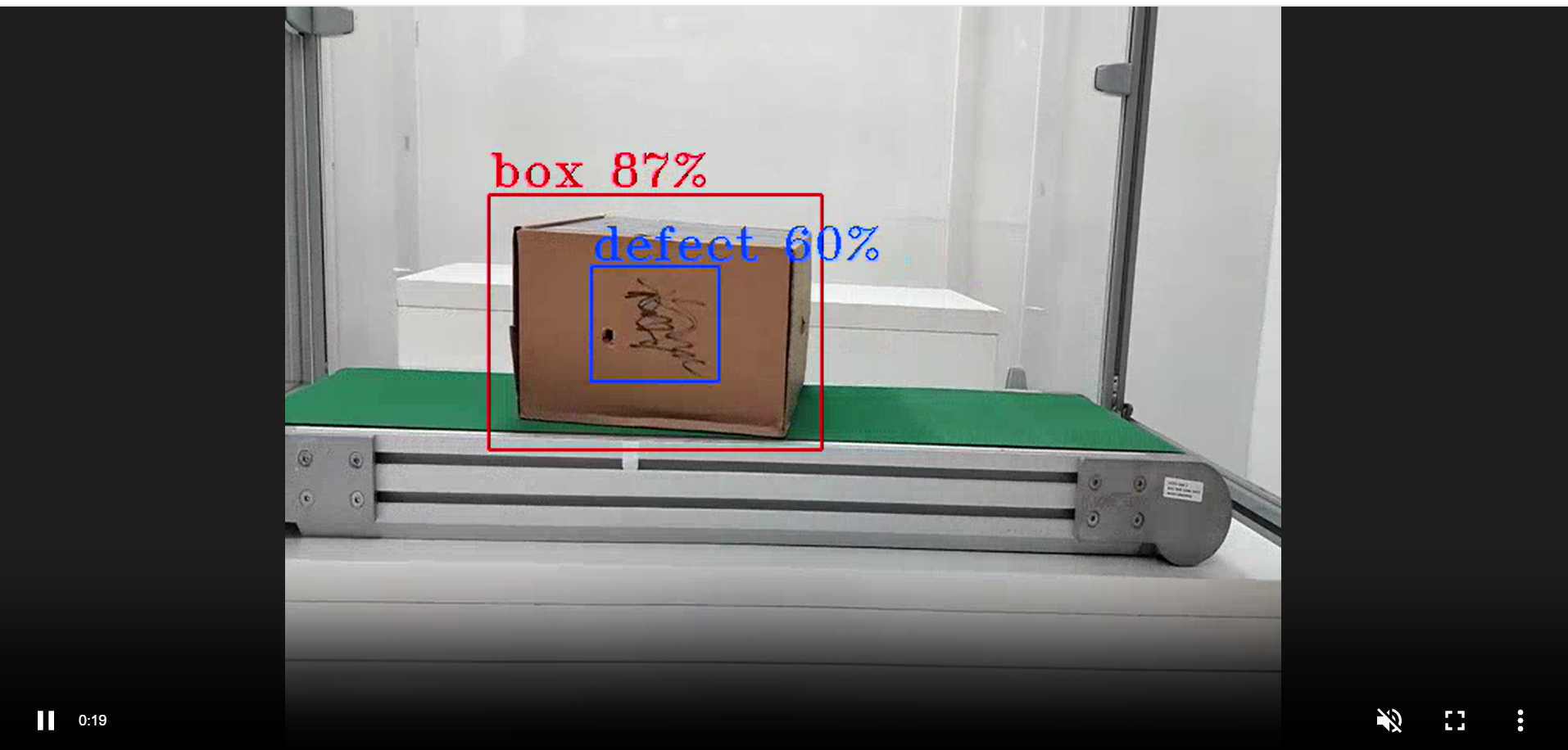WebRTC frame streaming#
DL Streamer Pipeline Server supports streaming the frames on WebRTC protocol using mediamtx media server.
There is a dedicated docker compose file for demonstrating WebRTC streaming for DL Streamer Pipeline Server. It is available in DL Streamer Pipeline Server’s github repository, under the “docker” folder i.e., [WORKDIR]/docker/docker-compose-mediamtx.yml
Below are the necessary configuration to be aware of (or modify accordingly based on your deployment) in [WORKDIR]/docker/.env (They will be consumed appropriately in [WORKDIR]/docker/docker-compose-mediamtx.yml):
WHIP_SERVER_IP=<HOST_IP> # It should be the IP address of the machine on which open mediamtx container is running.
WHIP_SERVER_PORT=8889 # It is the port which is configured for mediamtx server. Default port is 8889.
After setting all the above information, we can start the WebRTC streaming:
Start the services
docker compose -f docker-compose-mediamtx.yml up
Open another terminal and start a pipeline in DL Streamer Pipeline Server with the below curl command.
curl http://localhost:8080/pipelines/user_defined_pipelines/pallet_defect_detection -X POST -H 'Content-Type: application/json' -d '{ "source": { "uri": "file:///home/pipeline-server/resources/videos/warehouse.avi", "type": "uri" }, "destination": { "metadata": { "type": "file", "path": "/tmp/results.jsonl", "format": "json-lines" }, "frame": { "type": "webrtc", "peer-id": "pallet-defect-detection" } }, "parameters": { "detection-properties": { "model": "/home/pipeline-server/resources/models/geti/pallet_defect_detection/deployment/Detection/model/model.xml", "device": "CPU" } } }'
Open
http://<HOST_IP>:8889/<peer-id>in your browser to view the WebRTC stream:
